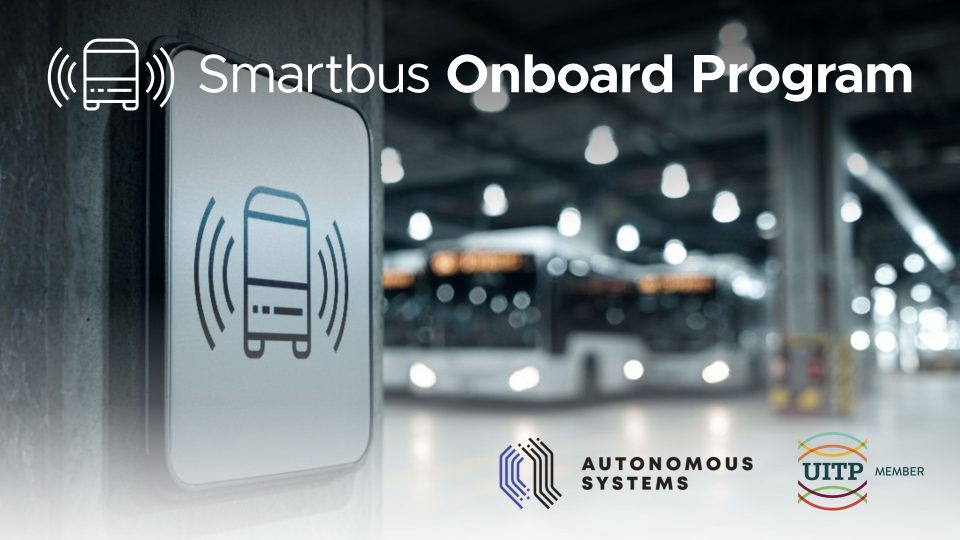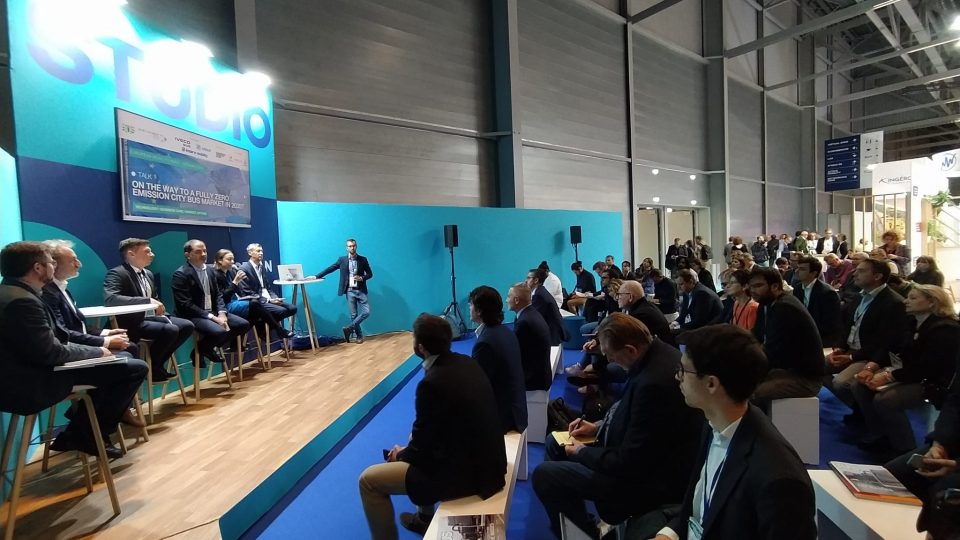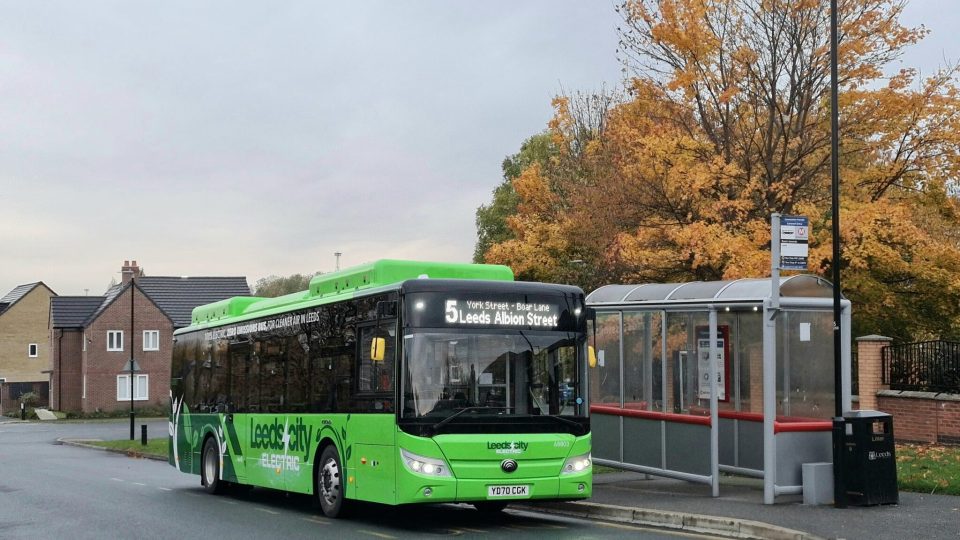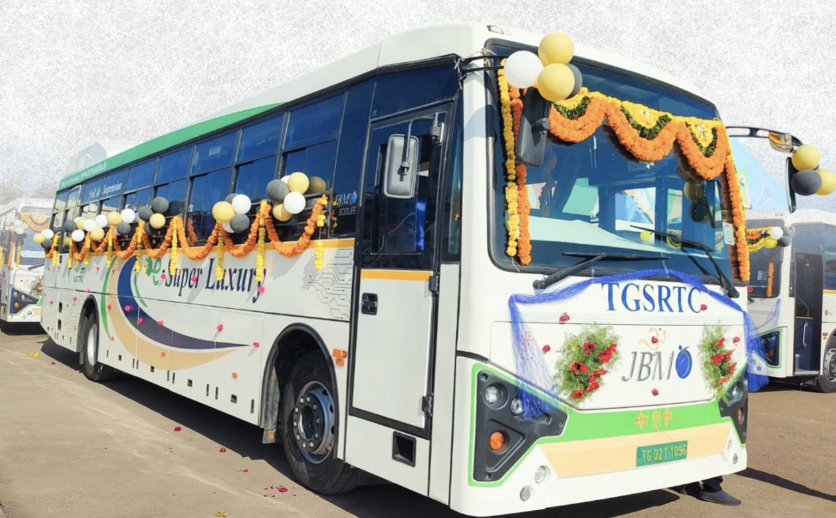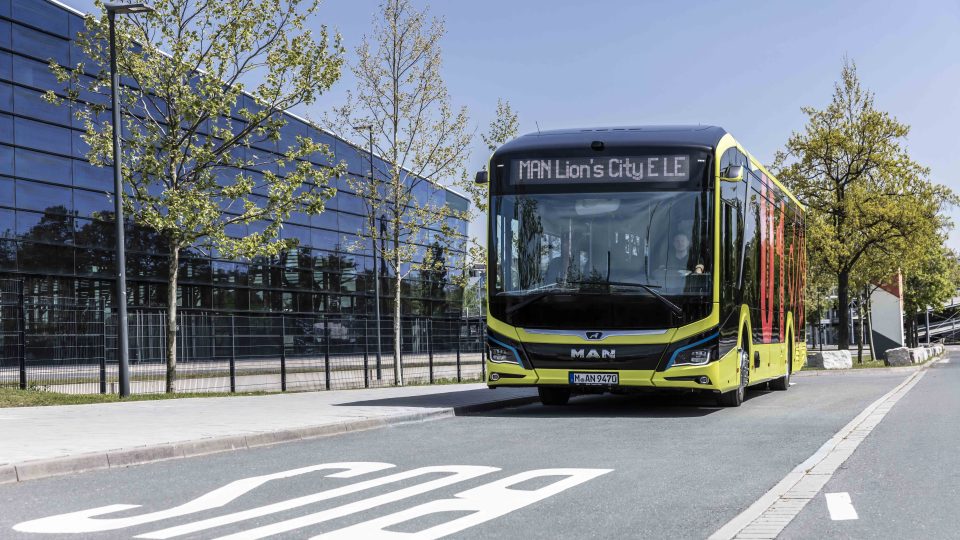India’s electric bus market tops 2,100 units in H1 2025 as PMI, Switch, and Olectra dominate
India registered 2,100 electric bus units between January and June 2025, marking a 33% increase compared to the 1,571 units recorded in the first five months of the year. The uptick—particularly strong in June—highlights the continued momentum in the segment, which remains structurally shaped by public procurement cycles and policy-driven demand. According to data compiled […]
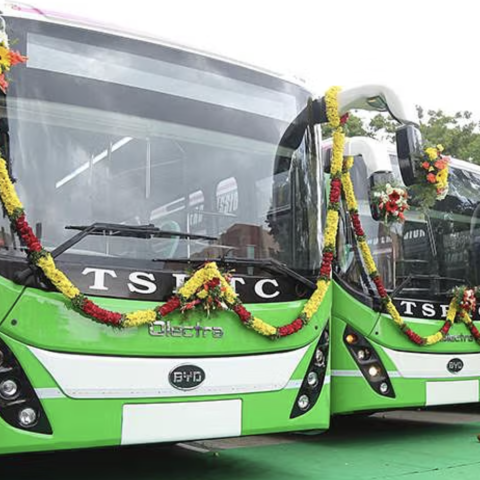
India registered 2,100 electric bus units between January and June 2025, marking a 33% increase compared to the 1,571 units recorded in the first five months of the year. The uptick—particularly strong in June—highlights the continued momentum in the segment, which remains structurally shaped by public procurement cycles and policy-driven demand.
According to data compiled by Sustainable Bus from the government Vahan portal, five manufacturers account for over 90% of the market, reflecting a strong concentration around a few high-performing players.
In June, India has initiated a large-scale procurement process for the deployment of 10,900 electric buses, under the central government’s PM E-Drive scheme. Chennai has just deployed 120 units of e-buses.
| Manufacturer | E-bus registrations Jan-June 2025 | Market Share (%) Jan-June 2025 |
| PMI Electro Mobility Solutions Private Limited | 542 | 25.8 |
| Switch Mobility | 503 | 24 |
| Olectra Greentech Ltd | 366 | 17.4 |
| JBM Auto Limited | 298 | 14.2 |
| Tata Motors Ltd | 132 | 6.3 |
| Pinnacle Mobility Solutions | 126 | 6 |
| Aeroeagle Automobiles | 63 | 3 |
| Others | 70 | 3.3 |
| Total | 2,100 | 100 |
In 2024, India registered 3,616 electric buses compared to over 41,000 diesel units, giving electric a 6.2% overall market share and a 12.5% share within the Heavy Passenger Vehicle (HPV) category. Yet electric mobility remains central to public fleet decarbonization strategies, especially under government programs like the PM e-Bus Sewa Scheme 2, which continues to shape procurement priorities across Indian states.
PMI and Switch leading electric bus market in India
PMI Electro Mobility leads the half-year ranking with 542 units and a 25.8% market share. Its performance was driven largely by the spring months, with April and May alone contributing over 60% of total deliveries. Switch Mobility follows closely with 503 e-buses (24.0%), showing consistent output across the first quarter and a strong rebound in June after a temporary pause in April.
Olectra Greentech takes third place with 366 units (17.4%), maintaining a steady delivery pace throughout the semester. JBM Auto made a strong comeback in June, registering 111 units—more than a third of its total for the semester. With 298 units overall, the company secured a 14.2% share.
Once a dominant player in India’s electric bus landscape, Tata Motors registered 132 units (6.3%) in H1 2025, reflecting a quieter phase compared to its 2024 leadership when it logged over 1,400 electric bus registrations.
Newcomers and niche players
Among emerging manufacturers, Pinnacle Mobility Solutions gained visibility with 126 units, almost entirely in June. Aeroeagle Automobiles, though absent in the second quarter, recorded 63 deliveries in the early months of 2025.
Other players such as Veera Vahana, Mytrah Mobility, and JBM Electric Vehicles Pvt Ltd reported minimal volumes.
With support in reporting from Usha Praveen

